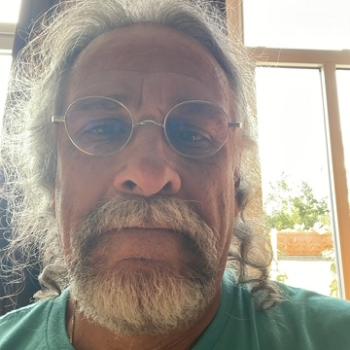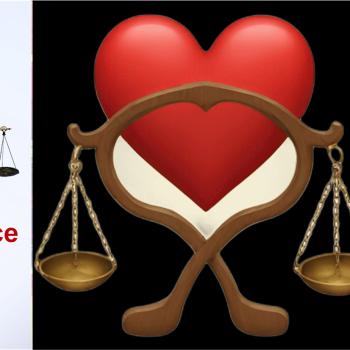 An Interview with Bernie Glassman
An Interview with Bernie Glassman
By Ari Pliskin
These comments are part of a longer interview with Bernie Glassman in January, 2010. The questions were written by Christa Spannbauer, journalist and assistant to Roshi Willigis Jäger, and the interview was conducted by Ari Pliskin.
Your own social activism as a Buddhist Zen master is deeply rooted in the Judeo-Christian tradition of taking care of others. Despite the first vow in Zen, which is to save all sentient beings, in the Zen tradition there's not much real engagement in taking care of the poor and the underprivileged, which is often the case within the Judeo-Christian tradition. What do you think are the reasons for that, and what's your vision of Zen in the modern world?
Perhaps it has something to do with the fact that within Japanese Buddhism, martial arts became associated with Zen. The samurai, for example, thought about having no subject-object differentiation while you cut off someone's head.
Another possibility is that avoiding social work has something to do with what Hans Kung called the shadow of the religion. Kung is a Catholic priest who has been censored by the Church. He listed the shadow issues of the religion -- things that never got totally resolved and that stick around.
In Buddhism, in the days of Shakyamuni, there was the belief that only male monks could get enlightened. Today, most Buddhists would say they believe in equal rights, but the shadow continues with the perception that the male monk is somehow superior. It is not stated directly, but the shadow persists. Maybe the absence of service to the poor is our shadow as Buddhists, even though we are not fundamentalist traditionalists.
In the Asian societies in which Buddhism emerged, the role of caring for people during hard times was emphasized more as a family role than as the role of the community as a whole. The family gave a child to the monastery. Monks had no possessions. They wandered around wearing discarded materials and taking what was given to them. Even today, there are monks with vows to avoid preparing food or handling money. The initial role of the monks was to study and receive alms and not to serve the community. A follower of Shakyamuni could not have done what Jesus did, knocking down the markets in the temple.
In Western Dharma centers, people sought a way to get away from being self-centered and ended up creating something that is egocentric and hedonistic. Now is time to move away from that.
You are the founder of the Zen-Peacemakers and you initiated many social projects within the last decades: AIDS-houses, the Greyston bakery, housing-projects for homeless people. Your newest project is the foundation of Zen Houses. Can you explain what they're for and what the idea is behind them?
Once as a kid, I heard some bums philosophically discussing Sunday comics. I thought, "What wisdom! I gotta go live on the streets with these guys." Later, reading The Iceman Cometh made me want to live in the Bowery. While talking with a friend in college, I made three vows: 1) to live on a kibbutz; 2) to live in a monastery; and 3) to live on the streets of Bowery. By the time I started to work in New York in 1980, I had done the first two. I thought, "Before starting to work with poor, why not do #3?" That led to the first street retreat.
After my first street retreat, I noticed that all the groups providing services were Christian. We experienced all the different ways of service at the different places from different types of Christians. At most places, we felt like there was no dignity. They looked down on us. There was a big class distinction.
I found Bowery Mission to be the only place that had the potential to be able to help those under the power of a drug. The power of a drug is so strong that you need something very strong to break into that shell. The faith of the Bowery workers demonstrated that power. That's when the seeds of starting the Zen House were planted.
We are training people to direct and staff Zen Houses, which will be practice centers and also have as their main thrust service to the community. My feeling is that in ten years, there will be 100 Zen Houses. It'll be like the CW movement. My hope is that it'll be infectious and that people will copy. If you create a healthy cell, it will replicate. If it isn't healthy, it will die out. Than someone has to think of some modifications and make a new one.




